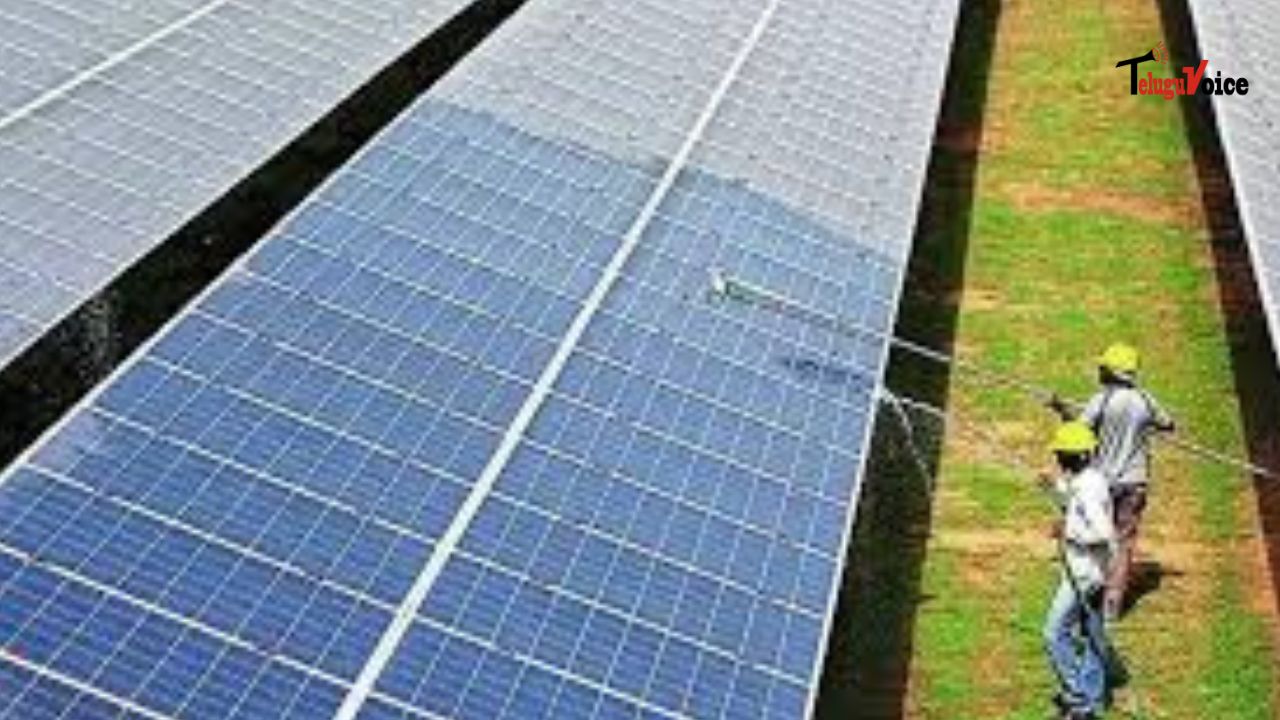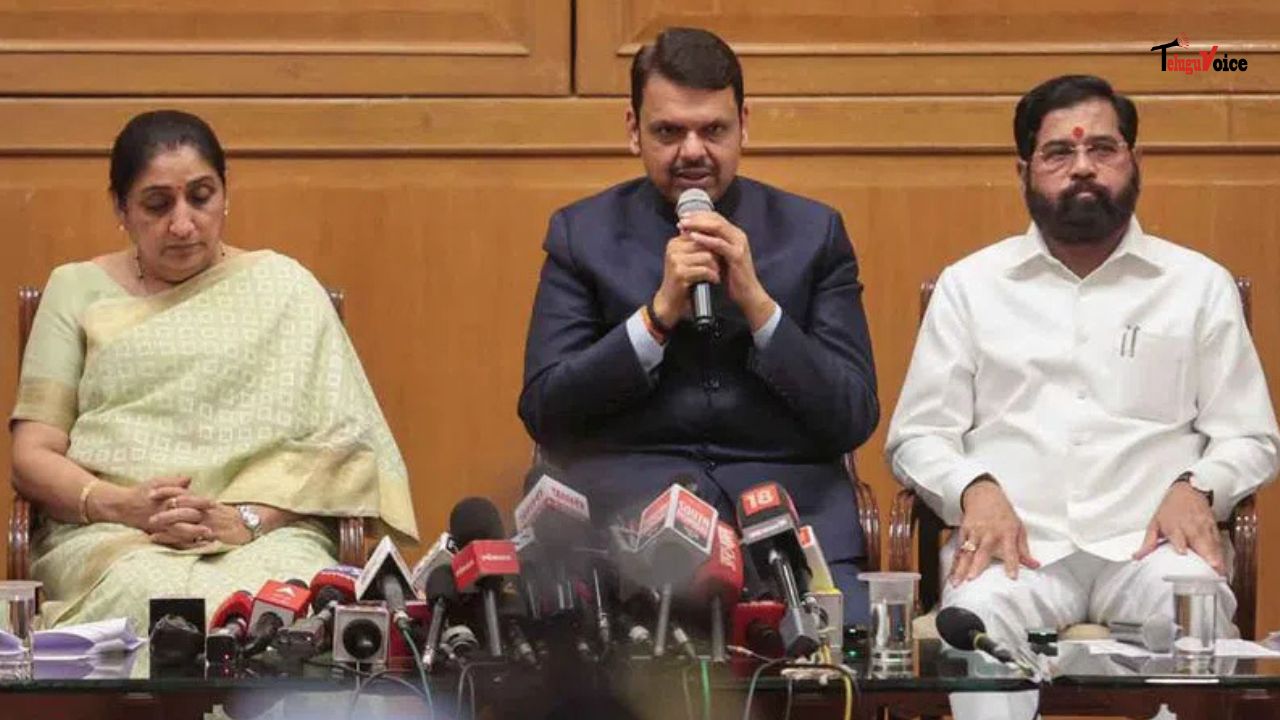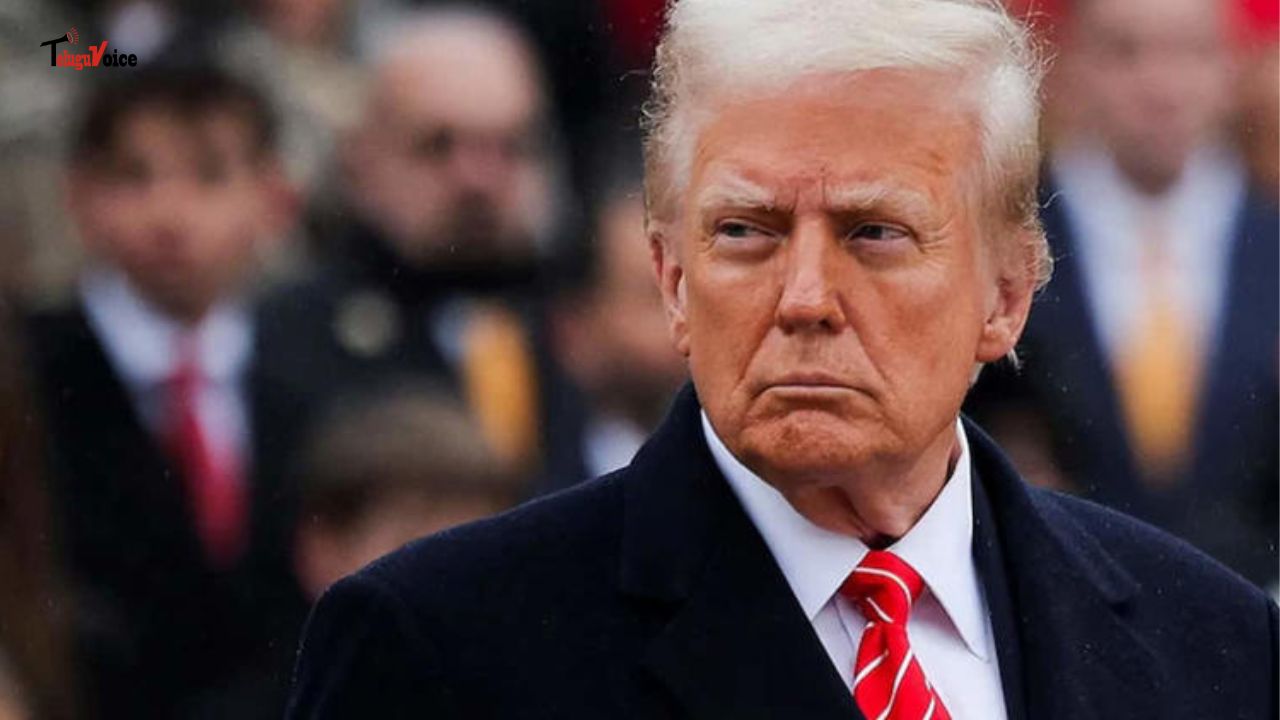Andhra Pradesh Faces Challenges Over Adani Solar Power Deals Amid Allegations

Andhra Pradesh's power purchase agreements (PPAs) with the Energy Corporation of India (SECI) for Adani Solar have come under scrutiny following allegations that the Adani Group bribed officials to secure solar energy contracts in the United States. The controversy has added a layer of complexity to the state’s efforts to review the agreements, signed during Chief Minister Y. S. Jagan Mohan Reddy’s tenure.
Education and IT Minister Nara Lokesh, speaking on the issue, emphasized the difficulty of terminating the agreements, citing legal entanglements and the potential impact on power supply. “It is a long-drawn process. We have to check and evaluate everything before we can take a call on scrapping something,” Lokesh told The Indian Express.
Background of the Controversy
The agreements in question involve the purchase of 7,000 MW of solar power from Adani Solar at tariffs that some have deemed excessive compared to other states. The issue first gained attention in 2021 when TDP leader Payyavula Keshav and the Andhra Pradesh Assembly Public Accounts Committee raised concerns about the deal’s lack of cost comparison.
Adding to the controversy, a U.S. indictment alleges that Gautam Adani was directly involved in securing these PPAs through meetings with high-ranking Andhra Pradesh officials between 2019 and 2024. Despite these allegations, the YSR Congress Party (YSRCP) has defended the agreements, pointing out their approval by the Andhra Pradesh Electricity Regulatory Commission (APERC) and the Central Electricity Regulatory Commission (CERC).
Government's Justification
The YSRCP government has justified the higher tariffs, stating that the agreements were crucial for providing free power to over 18 lakh farmers. Nagulapalli Srikant, the energy secretary at the time, argued that the SECI tariffs were among the lowest in the country, ensuring savings for the state while fulfilling its commitment to support the agricultural sector.
Legal and Political Dimensions
The agreements have also sparked legal battles, with TDP’s Payyavula Keshav and CPI leader K. Ramakrishna filing petitions against the PPAs in the Andhra Pradesh High Court. In its defense, the government has maintained that the agreements are economically viable and essential for delivering subsidized power to farmers.
Balancing Legal and Practical Concerns
As the state grapples with the allegations and reviews the agreements, the primary focus remains on ensuring uninterrupted power supply, particularly for the farming community. While the controversy adds political and legal challenges, the government’s cautious approach reflects its attempt to balance these issues with energy security and economic priorities.
The outcome of this review will have far-reaching implications for the state’s energy policies and its commitment to sustainable development.

 South Africa tour of India 2019
South Africa tour of India 2019










Comments